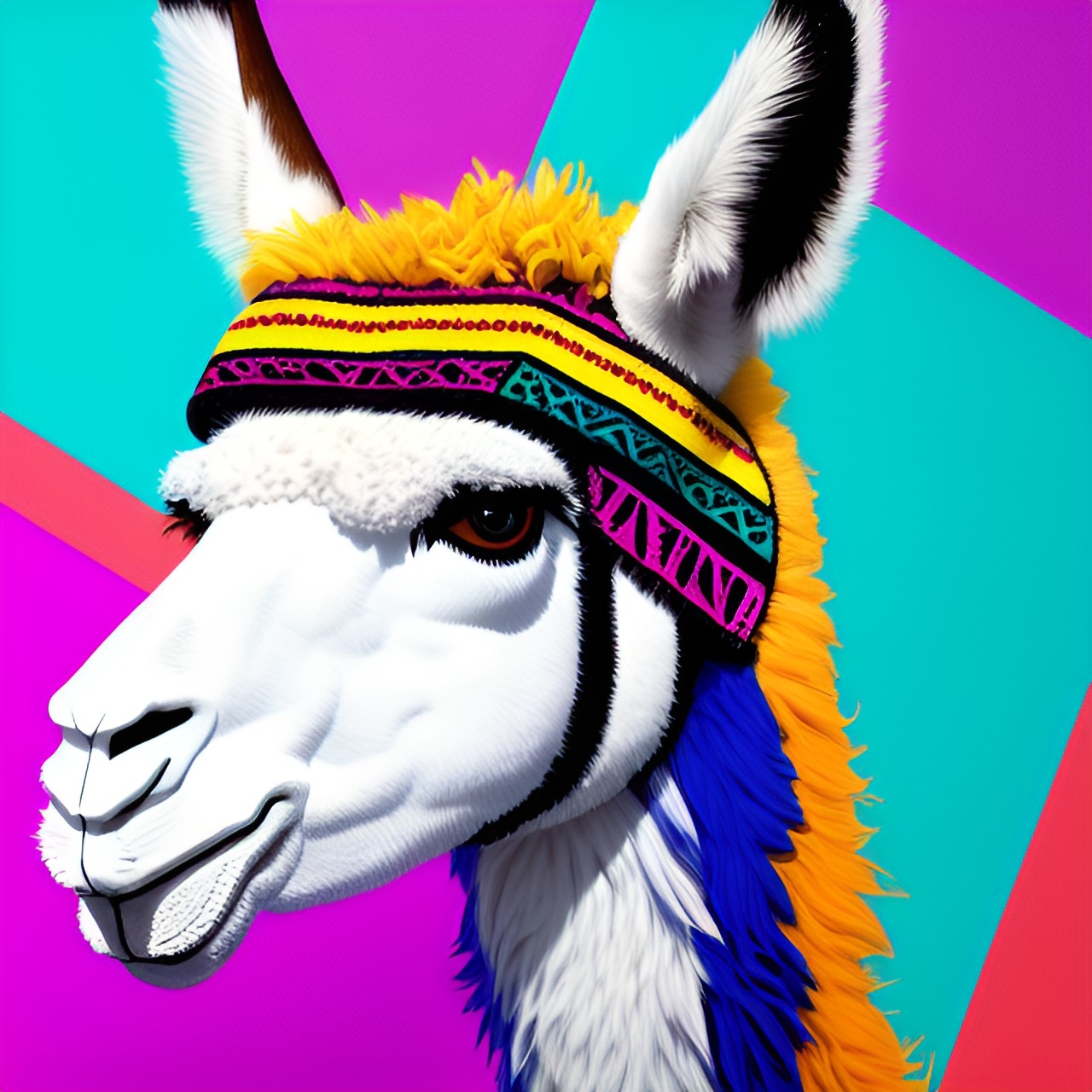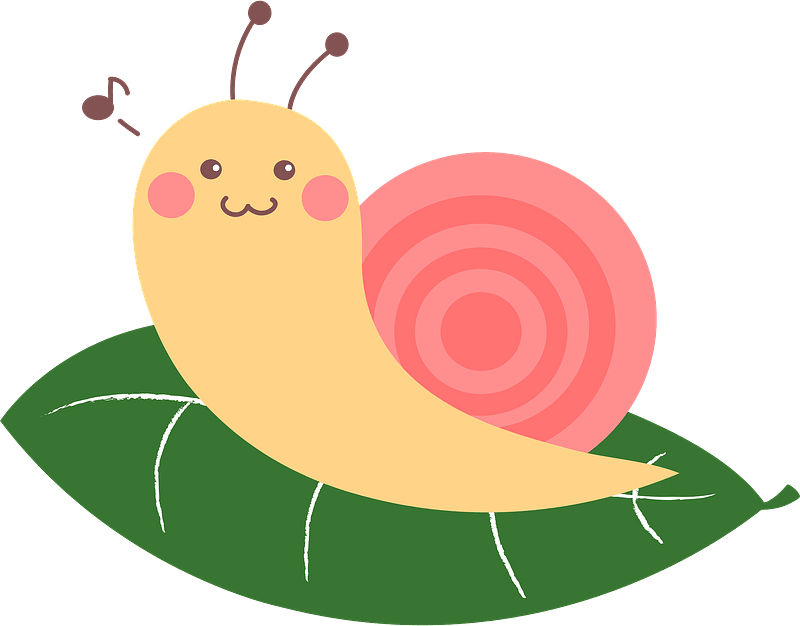- cross-posted to:
- france@lemmy.world
- cross-posted to:
- france@lemmy.world
Many elements of what people consider to be “living slowly” are connected back to pre-technology life, reflecting a collective yearning for offline simplicity. However — like other escapist trends (like cottagecore and coastal grandmother-core) that it has risen in conjunction with — it’s gone from being a helpful lifestyle change to an extremely online aesthetic.
This article really drives home to me how social media is so inauthentic that it can turn even a very personal, intentional, and counter-cultural movement like simple/slow living into an aesthetic, a performative hollow shell of its true meaning. I personally shudder at the idea of setting up a scene in my home for a photo to prove to others how “in the moment” I’m being — that feels inherently like not living in the moment.
I am very glad I do not use TikTok, Instagram, or any other media-focused website.
What will be interesting to see is if (as the article states), slow living becomes a competition, negating all positive mood shifts FROM slow living.
Look at me. I can live slower than you.
Anything you can do, I can do slower. I can do anything slower than you.
Basically the plot of Ingrid Goes West
Yesterday I swung by someone’s house for something and she was out in the treehouse reading or writing something. No social media. Didn’t see a phone. Just enjoying the moment. Best quote from Secret Life of Walter Mitty, “Beautiful things don’t ask for attention”. The moment when the world famous photographer sees the elusive snow leopard he’s been chasing and rather than take the photo he just sits there and breathes in that moment. Not even doing what he came to do just so he gets to fully experience it. That’s slow living. It’s inherently anti-social media
Yup, the same thing happened around the idea of “self-care” – it became a way to project an aesthetic, ended up being used as a way to sell people more stuff they don’t need, and now is more about “self-comfort” or pampering.
I joined r/minimalism when it was a young but already established subreddit. The message back then was to ensure what you owned brought some sort of value to your life. It was a bit broad and ambiguous for a reason. We are all unique and there is no one size fits all minimalism.
It quickly turned into a strange mix of ideals. Minimalistic aesthetics such as clean edges and blank walls took over. There was also a competition brewing between those could own the least amount of things. Suddenly you could buy happiness with minimalism. Buy that smooth, round edged minimalistic table and fancy multi-purpose item to show how minimalistic you are. I had to unsubscribe because of how soulless it began to feel.
It feels like capitalism and white washing good intentions can really suck the authenticity out of anything and everything.
I had exactly the same experience with /r/minimalism. Thankfully I found /r/simpleliving through it, but I quickly unsubscribed from /r/minimalism. The repetitive posts about expensive watches and wallets, people trying to get to the arbitrary number of 100 items for no logical reason, and people chastising others for having a bed was just ridiculous.
Earlier I saw these two people giving their dogs puppachinos just so they could film it with their phones and presumably put it on TikTok. Like, lady your dog and his dog friends do not care about your social media.
deleted by creator
Reading the article and reflecting on online spaces I’ve visited, I think it reaches a good conclusion but stopped just short of saying it out loud: anti-consumerism is an inherently rebellious stance and the whole point of aestheticizing simple living is to make it consumable, thereby negating any possible opposition. Even the point of
the slow-living aesthetic online presents a life very few people have access to; […] rich white people can rebrand the privilege of working less into something that’s somehow morally superior
is simply the perpetuation of the consumerist status quo, it’s no different from “celebrity culture”, the topic changes but the structure and the goal is still the same. It’s the same with minimalism and minimalist furniture and aesthetics; with zero waste and/or plastic-free living and greenwashing, and the list goes on. Perhaps decluttering hasn’t been taken yet? Although I see it more as an action to reach a more specific goal, so at least for me it’s somewhat different. But I sadly wouldn’t be surprised if someone has find a way to making the activity of decluttering an object of consumerism.
I think that in a way even decluttering has been co-opted. There was a huge wave of popularity surrounding it a few years ago thanks to Marie Kondo, and even before her there were many viral books on the topic. But I’ve never seen the majority of people associated anti-consumerism with it — they keep on purchasing as normal, but also routinely “purge” their possessions so that they can have more space to keep on consuming.
yeah, I feel the best way to minimize these feelings is blocking out these messages. I was reading a book by Thic Nhat Hanh and he was talking about being mindful of what you consume because how it has impact on your health. If you consume intoxicants and harmful media it would impact you, so try to cultivate better and more nourishing consumption.
I and feel like it’s the same thing with simple living being taken over by social media, is the reality and there’s not much you can do to change the state of things on social media but can cultivate what you are consuming. It’s not the best way to approach this but, it’s just the we are living a zeitgeist that people care more about appearances and stuff rather than practicing a lifestyle.
I wouldn’t think to much about it to be honest.






